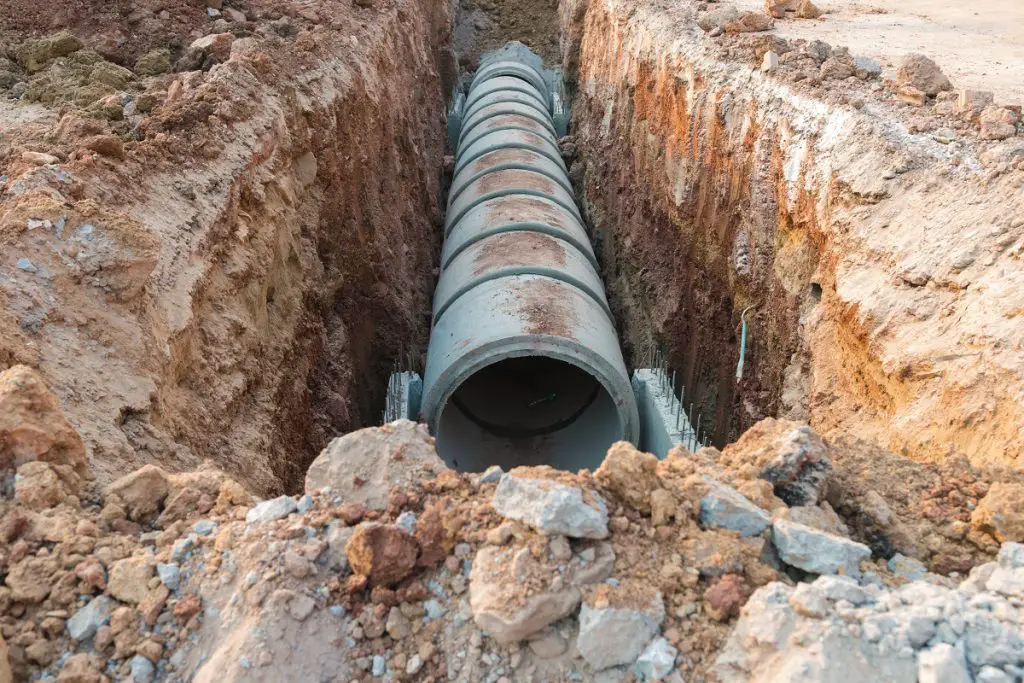Sub-Saharan Africa (SSA) is the world’s fastest urbanizing region bringing with it a demand for Water, Sanitation and Hygiene (WASH) services.
In slightly under three decades, by 2050, 75 per cent of the global population will be living in urban centres with most of this urban growth concentrated in Africa and Asia according to the United Nations Population Division.
But even before the growth of urban populations hits those projections, Africa is continually struggling to provide WASH services for all its populations. Even in the cities currently, a majority of the residents who live in slums cannot enjoy reliable water supplies.
Kenyan ‘making water’ from air targets global market
Those living in the affluent areas can either have water supplied by bowsers or they have had to sink boreholes to supplement the sporadic supply by the city authorities.
However, all this may change with the advent of the covid-19 coronavirus which has put emphasis on washing hands. Many governments have until now not had any substantive plans to address the incessant water shortage crises hitting most of their populations whether in urban or rural areas.
An Interim Guidance issued on March 19, 2020, by WHO and UNICEF indicated that frequent and proper hand hygiene is one of the most important measures that can be used to prevent infection with the covid 19 virus which has two main routes of transmission through respiratory and poor hygiene.
The two UN bodies say that the covid-19 virus has not been detected in drinking water supplies, and based on current evidence, the risk to water supplies is low since there is no evidence about the survival of the covid-19 virus in drinking water or sewage.
Hygiene baselines pre covid-19 issued by the UNICEF Regional Office for Eastern and Southern Africa show that conventional, centralized water treatment methods that use filtration and disinfection should inactivate the covid-19 virus.
However, statistics show that only 24 per cent of households in Eastern and Southern Africa have a dedicated place for washing hands with soap and water on-premises.
In addition, only 20 per cent of schools in Eastern and Southern Africa have handwashing facilities with soap and water available to students while the proportion of health care facilities in Eastern and Southern Africa that have functional handwashing facilities with soap and water or hand sanitizer is not known.
With the disease putting a huge strain on available resources and almost halting economies on the continent, governments have been caught flatfooted since the most basic WASH services are the frontline defence against the virus.
Taking the case of Kenya, for instance, millions of Kenyans do not have access to clean water or a functional sewerage system. This exposes these millions of people to diseases while burdening the health facilities with diseases that could have been avoided if there was a clean water supply.
For the socio-economic development of any nation, accessing clean water is utmost.
EA economies to outpace other regional blocks
As of 2019, only 59 per cent of Kenyans had access to basic water services whereas only 29 per cent could access sanitary services. As mentioned earlier, the situation is worse in towns and cities where informal settlements thrive.
But things may change with the African Development Bank (AfDB) supporting the Kenya Towns Sustainable Water Supply and Sanitation Program (KTSWSSP) with the aim of improving the access, quality, availability and sustainability of water supply and wastewater management services in multiple towns. This project is with a view to catalysing commercial activities, driving economic growth, improving the quality of life of people and building resilience against climate variability and change.
While vibrant cities are critical for the economic development of the country, it also poses a challenge to the water and sanitation sector, which is currently making efforts to cope with the rapid growth in demand and demographic changes.
Kenya has shown a consistent commitment to the sector reform since their start in 2002 and development partners continue to support the reform process. The GoK through the Ministry of Water and Irrigation continues to pursue development programmes related to water among others in pursuit of attaining universal coverage of water services and sanitation by 2020.
While this is the target year for achieving the plans by the government, it is possible that the covid-19 pandemic could help accelerate the projects.
“We must work to prevent the spread of disease. Improved water, sanitation and hygiene in health facilities is critical to this effort,” said the United National Secretary-General Antonio Guterres upon issuing a Global Call to Action for WASH in Health Facilities, March 2018.
